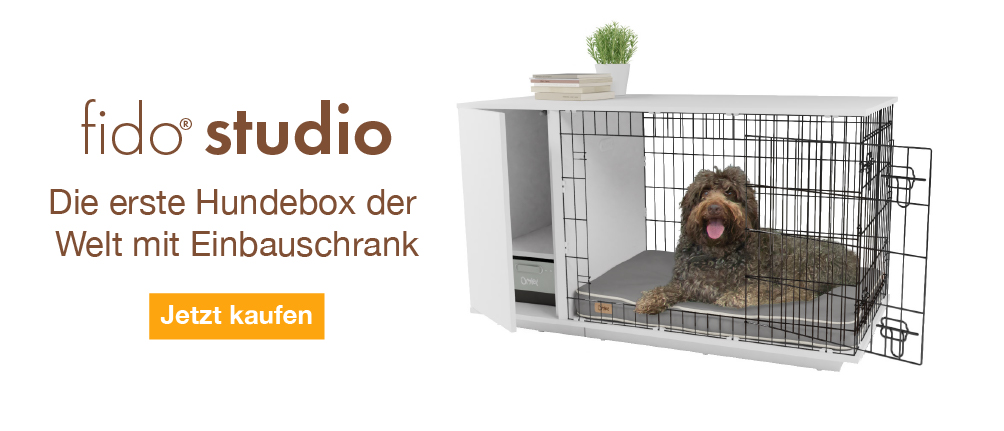Deutscher Boxer










Geschichte
The Boxer originates from Germany and was probably the result of cross breeding the German Bullenbeisser and the Bulldog. The breed was developed in the late 19th century for use as Butchers' dogs to control cattle at slaughter houses. By 1903 Boxers were being exported to America. They were used as messenger dogs, carrying packs and as guard dogs during the First World War as their ability as a general purpose dog was realised. After the Second World War, U.S soldiers were so impressed with the breed, that they took them home with them. Boxers are the 7th most popular breed in America.
Verhalten
Boxers are natural guard dogs and will let you know when someone is at the door. They are protective of their family, but not overly so; with proper socialisation. They make good family pets and are playful and patient with children. They can be wary of strangers at first, but generally are accepting of any one you invite into your home. They are usually fine with other pets/cats if raised with them. Boxers are curious, active dogs who like to know what is going on around them. They are social and like human contact, so can have a tendency to follow you around like a shadow. They will want attention and hate being ignored; they will demand ear scratches, hugs and will roll over for belly rubs when they want contact. Boxers are happy, excitable dogs who thrive on human contact, which makes training slightly easier. Using games, positive reinforcement and treats will soon have your Boxer trained to a decent level. They aren't fast learners, but are loyal to you even if they sometimes try and push their luck and test your boundaries. Being fair and consistent is the key to training them, they are sensitive to commands but stubborn at times. Harsh training will bring out the rebel in them. They do very well in agility, obedience and guarding training. However, they mature very slowly and aren't considered as adults until around 3 years old. Boxers like to get up to mischief, so the best way to stop this is to tire them out. They are energetic dogs and need a couple of decent walks every day. They are usually quite friendly with other dogs and recall is generally not a problem, so can be allowed off lead for a chance to play. They like to jump, sometimes do somersaults and generally entertain you with their exuberance when out walking. They are a fun loving dog and completely devoted to their family. Some can suffer from separation anxiety if not accustomed to being left alone and some do better with another dog in the house to keep them company.
Boxers have short, smooth coats that need little attention. A brush once a week is usually enough to keep it looking tidy.
Charakter
Boxers have a very lively fun loving temperament. There is no such thing as an introverted Boxer. They will be enthusiastic, bouncy and outgoing well after puppyhood. They are inquistive and attentive forming tight bonds with their family.
They are generally good when kept with other dogs or pets but may show aggression to strange dogs. A great family pet the boxer will love to join in with childrens games all day long. It is no coincidence that this breed of dog is one of the most popular in the UK!
Gesundheitliche Probleme
Health problems that may affect Boxers include canine hip dysplasia (CHD), heart problems, eye problems, bloat and certain cancers.
Einzelheiten zur Rasse
- Status: Common
- Lebenserwartung: 9 - 10 years
- Gewicht: 25 - 32 kg
- Höhe: 21 - 25"
- Selten: Nein
- Fell: Kurz
- Pflegeanforderungen: Einmal pro Woche
- Stadt oder Land: Beides
- Mindestanforderungen an Umgebung: Großes Haus
- Mindestanforderungen an Garten: Großer Garten
- Rassetyp: Arbeitshund
- Größe: Groß
- Energieniveau: Hoch
- Benötigte Bewegung: Mehr als zwei Stunden
Fotos der Rasse














